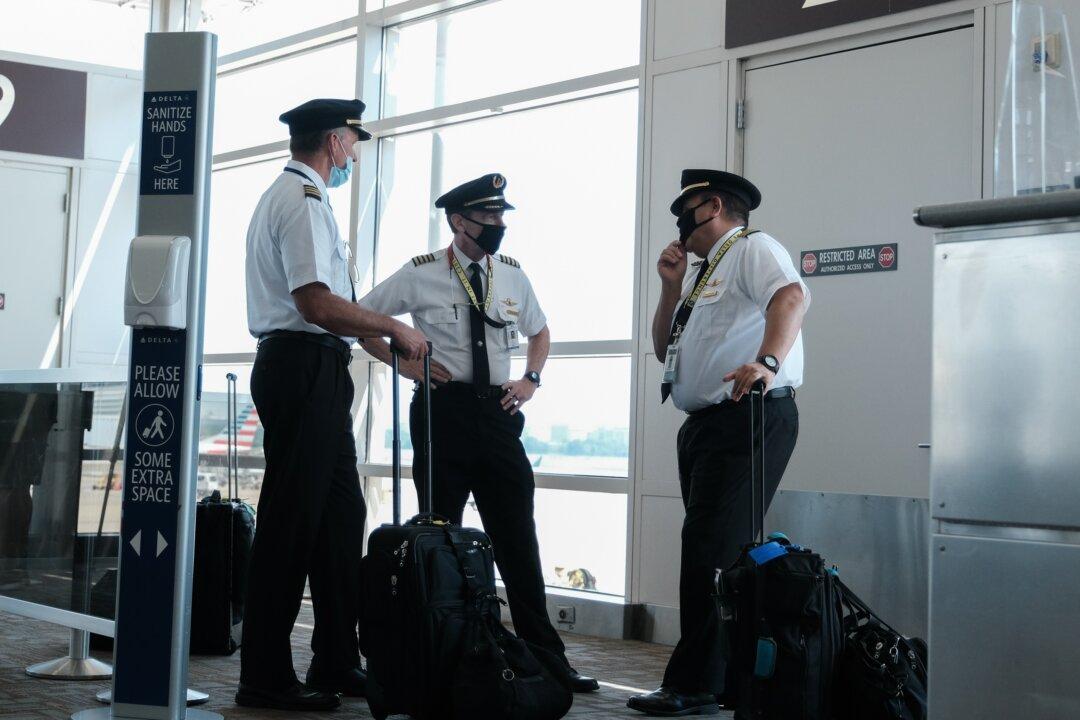An increasing number of pilots are complaining of fatigue as airlines across the United States work to make up for lost revenue during the COVID-19 pandemic, according to Allied Pilots Association Communications Chair Dennis Tajer.
Allied Pilots Association is the labor union representing American Airlines pilots.




